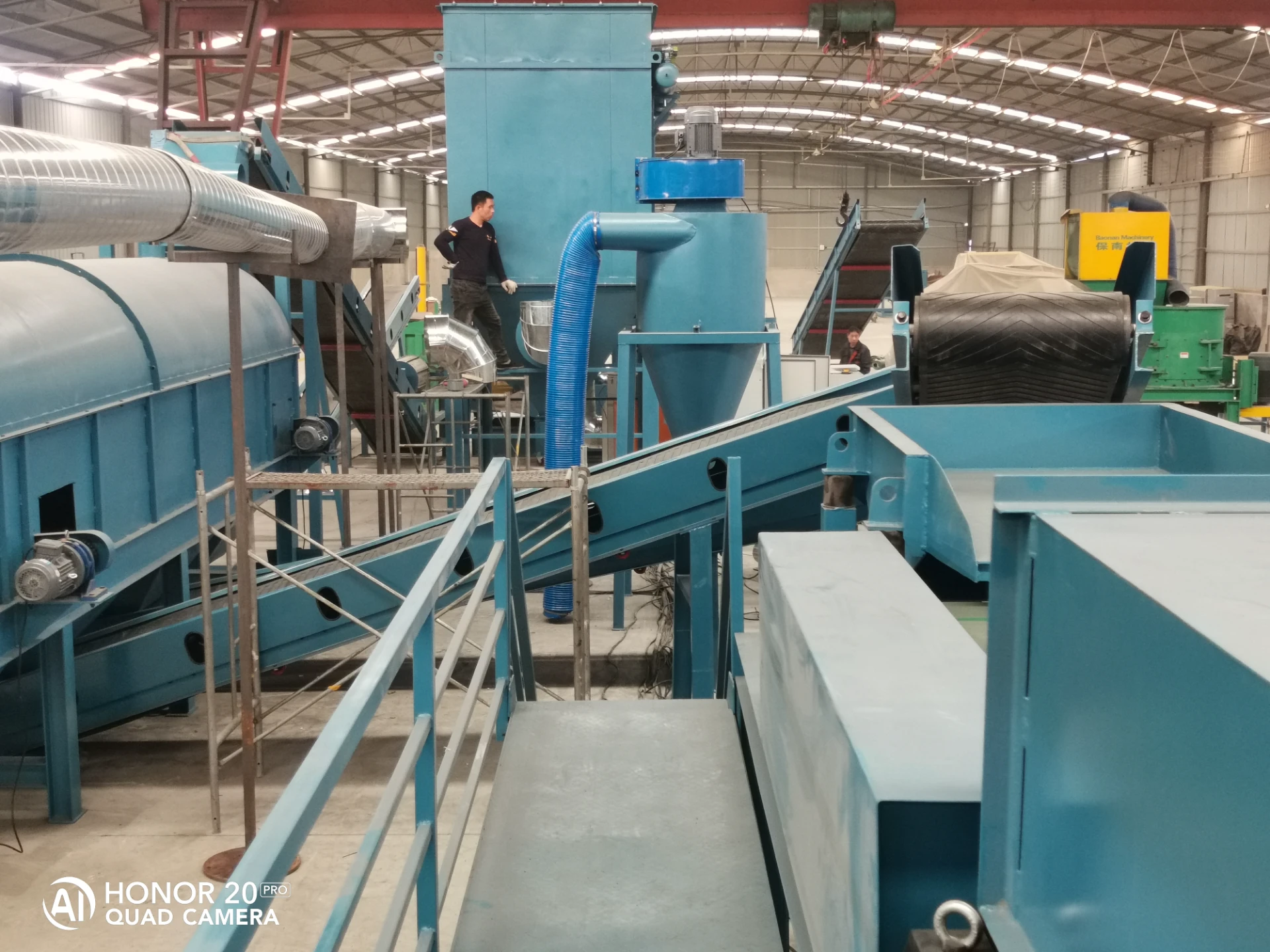

Sep . 29, 2024 04:17 Back to list
The Importance of Scrap Metal Hammer Mills in Recycling
In today's world, where sustainability and environmental considerations are at the forefront of industrial practices, the recycling of materials has gained immense importance. Among the various materials that can be recycled, scrap metal stands out due to its value and versatility. One of the most effective tools for processing scrap metal is the hammer mill, specifically designed for this purpose.
A scrap metal hammer mill is a powerful machine used to crush, shred, and pulverize scrap metal into manageable sizes, making it easier for subsequent processing or recycling. These machines are vital in facilities where metal scraps accumulate from industrial processes, demolition, or consumer goods. By utilizing hammer mills, recycling centers enhance their operational efficiency, reduce waste, and contribute to resource conservation.
The operation of a scrap metal hammer mill is relatively straightforward yet highly effective. These mills consist of a rotating shaft equipped with hammers that strike the metal scraps at high speeds. The impact creates shear forces that break down large pieces of metal into smaller fragments. The resulting shredded metal is then sorted by size, allowing for further processing such as melting or refining. The design of hammer mills can vary, but they commonly feature adjustable screens that control the size of the output material, making them adaptable to different types of scrap metal.

One of the key benefits of using a scrap metal hammer mill is the efficiency it brings to the recycling process. Traditional methods of processing scrap metal often involve manual labor and are time-consuming. Hammer mills automate much of this work, significantly speeding up the crushing and shredding process. This not only increases productivity but also lowers labor costs, allowing recycling facilities to operate more economically.
Moreover, hammer mills improve the quality of recycled metal. The uniform size of the shredded metal ensures that it can be easily melted down and reformed into new products without compromising quality. This is particularly important as industries increasingly seek recycled materials to meet their production needs. By providing high-quality scrap metal, hammer mills contribute to a circular economy where materials are reused, reducing the demand for virgin resources.
Furthermore, the environmental impact of hammer mills should not be overlooked. By facilitating the recycling of scrap metal, these machines help divert waste from landfills, minimizing the environmental footprint associated with mining and processing new materials. The energy required to recycle metal is significantly lower than that needed to produce it from raw materials, leading to reduced greenhouse gas emissions.
In summary, scrap metal hammer mills play a crucial role in the recycling industry by enhancing efficiency, improving product quality, and contributing to environmental sustainability. As the demand for recycled materials continues to grow, the importance of these machines will only increase. Investing in advanced hammer mill technology not only aids recycling facilities in maximizing their output but also aligns with global efforts towards sustainable practices. As we move forward, embracing such innovations will be essential in creating a more sustainable future for our planet.
Latest news
The Future of Metal Recycling: Revolutionizing Waste Management
NewsMay.14,2025
Optimizing Waste with Recycling Lines
NewsMay.14,2025
Municipal Solid Waste Sorting Line: Revolutionizing Waste Management
NewsMay.14,2025
Metal Shredders: Essential Tools for Efficient Recycling
NewsMay.14,2025
Maximize Your Profits with a Copper Wire Granulator
NewsMay.14,2025
Home Metal Shredder: A Smart Choice for Your Home Recycling Needs
NewsMay.14,2025